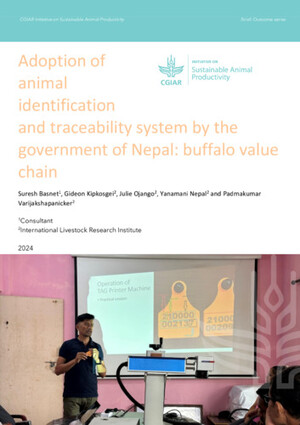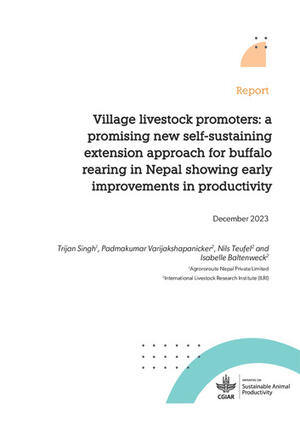
Theileria parva: a parasite of African buffalo, which has adapted to infect and undergo transmission in cattle
Abstract
The tick-borne protozoan parasite Theileria parva causes an acute, often fatal disease in cattle throughout a large part of eastern and southern Africa. Infection of African buffalo (Syncerus caffer) is also widespread in this region but does not cause clinical disease in this species. This difference most likely reflects the evolutionary history of the parasites in these species, in that cattle were only introduced into Africa within the last 8000 years. In both hosts, T. parva establishes a carrier state, involving persistence of small numbers of parasites for many months following the acute phase of infection. This persistence is considered important for maintaining the parasite populations. Although cattle and buffalo parasites both produce severe disease when transmitted to cattle, the buffalo-derived parasites are usually not transmissible from infected cattle. Recent studies of the molecular and antigenic composition of T. parva, in addition to demonstrating heterogeneity in the populations in both host species, have revealed that infections in individual animals are genotypically mixed. The results of these studies have also shown that buffalo T. parva exhibit much greater genotypic diversity than the cattle population and indicate that cattle parasites represent a subpopulation of T. parva that has adapted to maintenance in cattle. The parasites in cattle and buffalo appear to be maintained largely as separate populations. This insight into the genotypic composition of T. parva populations has raised important questions on how host adaptation of the parasite has evolved and whether there is scope for further adaptation of buffalo-maintained populations to cattle.
Citation
Morrison, W.I., Hemmink, J.D. and Toye, P.G. 2020. Theileria parva: a parasite of African buffalo, which has adapted to infect and undergo transmission in cattle. International Journal for Parasitology 50(5): 403–412.










